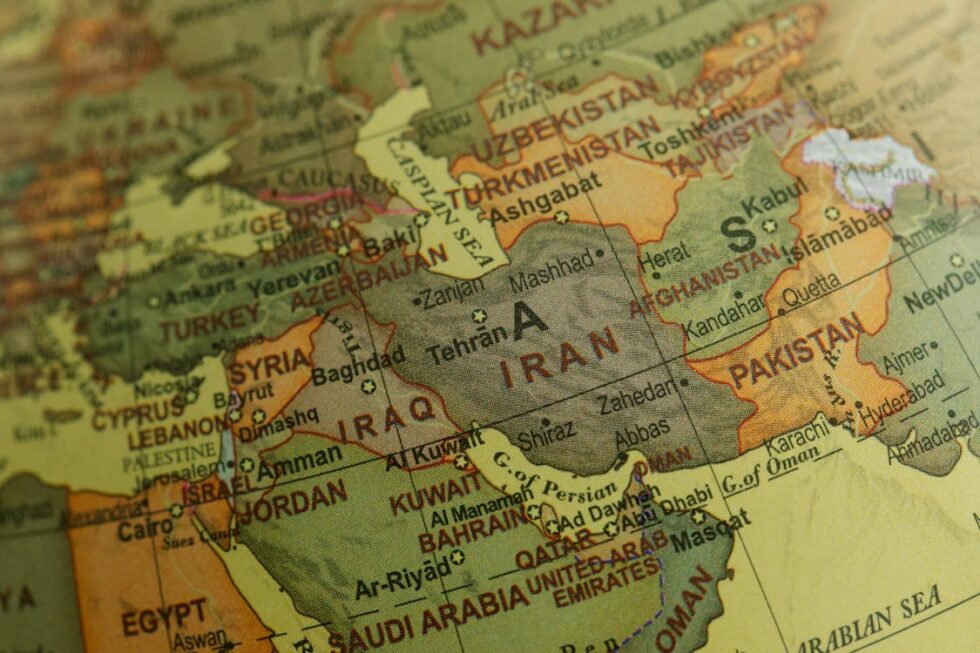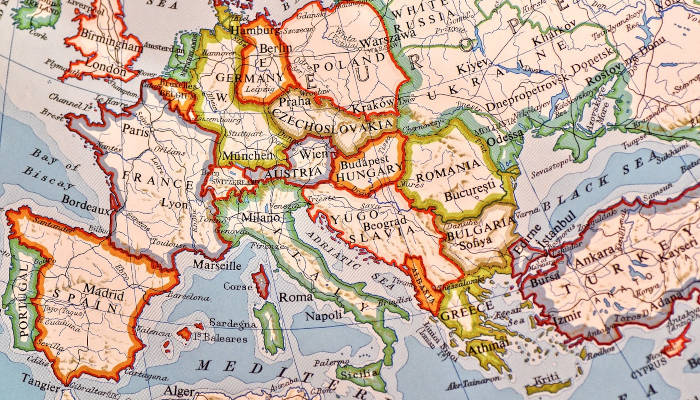
No victims, very little damage, over 90% of drones intercepted. Iran’s attack on Israel was a mighty show of force of Israeli defense, a blessing in disguise. US President Joe Biden wanted Israel to call off further retaliations, and Israel complied.
There might have been backdoor talks between Washington and Tehran behind Iran’s poor performance.
A stop to the escalation would facilitate dialogs with Iran to stop the Houthis’ attacks, which have been disrupting international trade from Suez in the Gulf of Aden. If transportation over the Red Sea resumed at full speed, insurance premiums would go down, oil prices could drop, and inflation would follow. The FED could then cut interest rates, and the middle class in America and the whole world could begin to enjoy the benefits of the US’s booming recovery.
Some in Israel may feel it necessary to retaliate to discourage further attacks and encourage the many Iranians who lined up at the gas stations, scared of Israeli revenge and disgruntled with the regime. Yet, revenge is a dish best-served cold.
A pause could be welcomed in Beijing. China is patching up with the US and may not want to be dragged into an escalation, forced to choose between Iran and America. China needs at least a modicum of peace and stability to sustain its trade. Besides, things are politically confused until the US elections, when it will be clear whether the president will be Biden or Donald Trump.
Until then, Beijing may want all its options open, i.e., it may not be keen on the end of the war in Ukraine with a US deal with Russia or Russia’s defeat, but it could oppose a further spread of the fighting in the Middle East.
All of this brings the situation back to Israel and Gaza, where Hamas will not be able to count anymore on extensive support from Iran and its allies.
It’s a massive political blow for Hamas, but it doesn’t solve the political complexities of the war in Gaza and its political success.
The parallel with Russia is substantial. As war is the pursuit of political ends by other means, Russia lost the war, no matter what the result of the fighting will be in the next months. In fact, Moscow wanted to take control of Ukraine, divide the EU, and push the US out of Europe. None of that happened. NATO has expanded, and it is larger than ever; the EU and the US are more closely together, and it’s impossible at this stage that Russia will take control of the whole of Ukraine.
Israel may run similar risks of missing its political objectives in the war in Gaza. Yes, there was no general Arab and Muslim uprising to protect Hamas. Arabs in the Middle East and Israel have supported the war effort, equally keen on having Hamas wiped out of the political map.
After six months of hostilities, the longest war in Israeli history, the goal of wiping out Hamas, as declared at the onset of the conflict, seems elusive.
The ethical/political imperative to safeguard civilian lives while pursuing military objectives against Hamas made the war slow and complex. Yet the moral aim is essential to emphasize that Israel is not seeking the genocide of Palestinians. Israel needs to assert it is fighting for its survival against a terrorist group willing to have its Palestinian women and children killed to uphold its ambition.
The Internal Debate
One of Israel’s significant challenges in Gaza then is not just on the battlefield but in the realm of public opinion and international relations. Israeli daily Haaretz argued that Israel is losing the war in the court of public and global opinion.
“We’ve lost. Truth must be told. The inability to admit it encapsulates everything you need to know about Israel’s individual and mass psychology. There’s a clear, sharp, predictable reality that we should begin to fathom, to process, to understand, and to draw conclusions from for the future,” argues the authoritative Israeli newspaper.
This perspective sparks a vital conversation about the endgame of this prolonged conflict and Israel’s long-term strategy.
Building and maintaining consensus, both domestically and internationally, is crucial not only for the survival of Israel but also for its allies’ position.
The accusations of genocide by fiery pro-Palestinian crowds in Western countries may find confirmation in the unconditional support for Israel from parties like the Alternative for Germany (AfD), a group with controversial stances and a history tangled with antisemitism. It all complicates Israel’s position. Such associations could potentially alienate broad swathes of international backing and cloud Israel’s position in the conflict.
It may have already happened in the past. Michel Korinman in his Deutschland ueber Alles. Korinman tells how the idea of pan-Germanism and antisemitism stemmed from WWI, particularly the massacres of 1917 on the eastern front. Before WWI, Germany and Austria were the countries in Europe most tolerant of the Jewish people.
In a nutshell, Korinman argues that the war was originally to expand German Lebensraum eastward in the land of Slavic people dotted with Jewish communities largely pro-German and speaking a German dialect, Yiddish. But there were too many Slavic people, and it was impossible to wipe them out; it was better to try to win them over by joining them against what they had hated for centuries – the local German-speaking (and pro-German) Jewish minorities.
Presently, the European neofascists may hate the Muslims, as they see them as the same “immigrant scum” polluting Western society, and in this, they may rejoice at Israeli presumed scorched earth, genocidal tactics against the Palestinians. In Israel, broken, wounded people may be happy with this unexpected assistance.
But this support could turn around, like a century ago. The neofascists could soon recognize that the Muslims are too many; it is impossible to wipe them out, and it’s far easier to join them in what they hate most – the Jews.
Meanwhile, Israelis who have cozied up with the neofascists will have lost the support of mainstream Western public opinion. Then Israel, no matter what the result of the fight in Gaza, would have lost the war, with enormous geopolitical consequences. It would drive a deep wedge in the heart of Western countries.
Now, Israel has not lost it, but it needs to turn things around before it’s too late. It needs to foster widespread support for a peaceful resolution according to feasible attainable goals. Here, the role of the Holy See could be essential, as a significant minority of Palestinians are Catholic, and the Pope commands great respect also among the Muslims.
Israel must seek allies to promote a consensus ensuring peace and security for all involved. Today’s decisions will profoundly impact its future direction, the prospect of regional peace, and its standing in the global community. This is the political victory in the war.
finis










Israele-Iran: il futuro di Gaza - SettimanaNews
If Israel would end its Apartheid policy Jews could freely live everywhere in West-Asia as they are now doing in Iran. And Palestinians would live freely in the country many of their ancestors lived in even before the name Palestine was introduced at the end of the Bar Kochba War.
Any ideas?